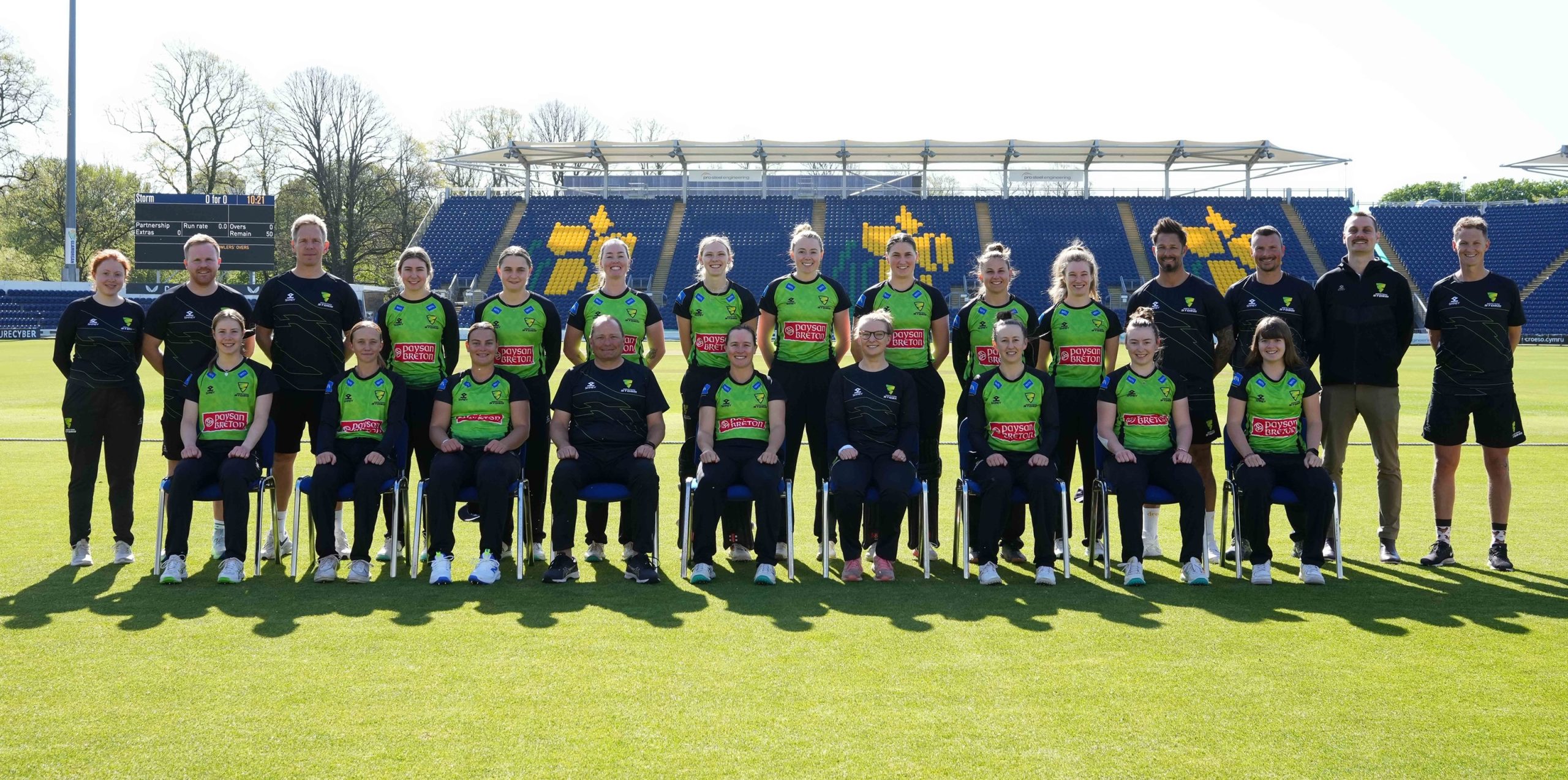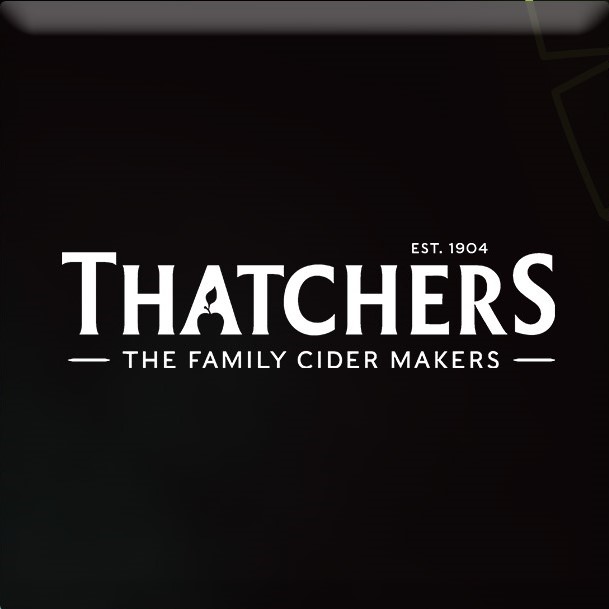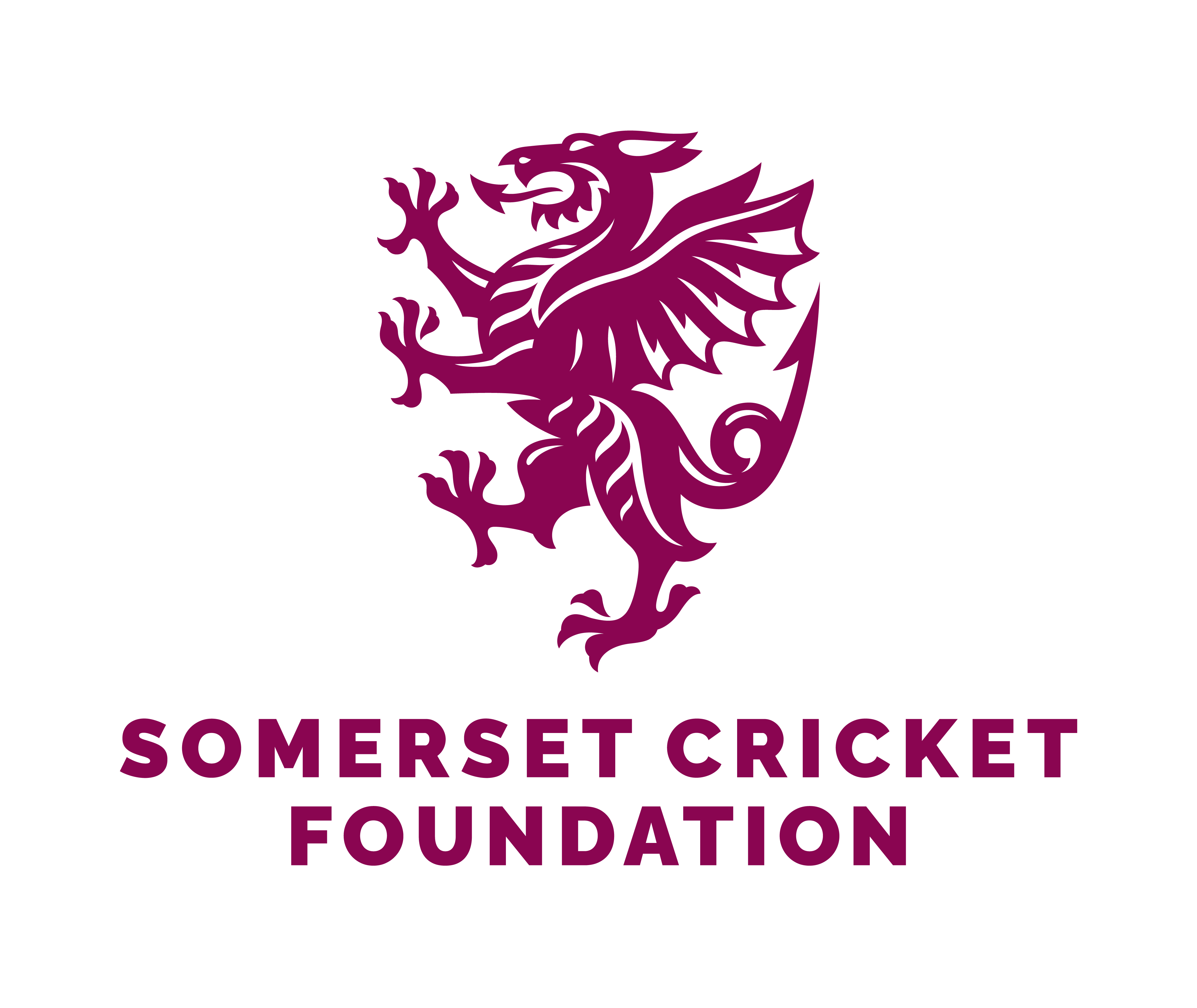EDI at Western Storm
Our Commitment
Western Storm is committed to ensuring cricket is a game for everyone and we strive to create an environment where all who wish to participate are welcomed, feel safe, have positive experiences and want to return time and again. That said, we know there is work to be done to make the game truly accessible for all and we welcome the responsibility of driving the necessary change in this area.
As a professional sporting organisation, we have the influence and power to transform lives at grassroots and professional level cricket and also as an employer.
Game-wide commitment
The ECB are focussed on delivering equity, diversity and inclusion in cricket in order to make sure everyone feels like cricket is a game for them. They, and we, have a clear goal:
To make cricket the most inclusive sport in the country.
The ECB have their own ED&I action plan “Cricket is a game for me” and in conjunction with MCC, the PCA, NCCA Ltd, the First Class Counties, Women’s Regional Hosts and the Recreational County Cricket network, a game-wide 12-point action plan was developed to target discrimination and drive inclusion across the game. Focus areas include:
Increasing the understanding and education of equity, diversity and inclusion (EDI) across all levels of cricket.
Reviewing dressing room cultures in professional teams (domestic and international).
Removing barriers in talent pathways to aid the progress of people from diverse backgrounds into professional teams.
Creating a welcoming environment for all, including tackling abusive crowd behaviour and upgraded education across the whole game.
Find out more about what the ECB are doing to break down barriers and raise inclusion across cricket: https://www.ecb.co.uk/about/equity-diversity-and-inclusion/overview
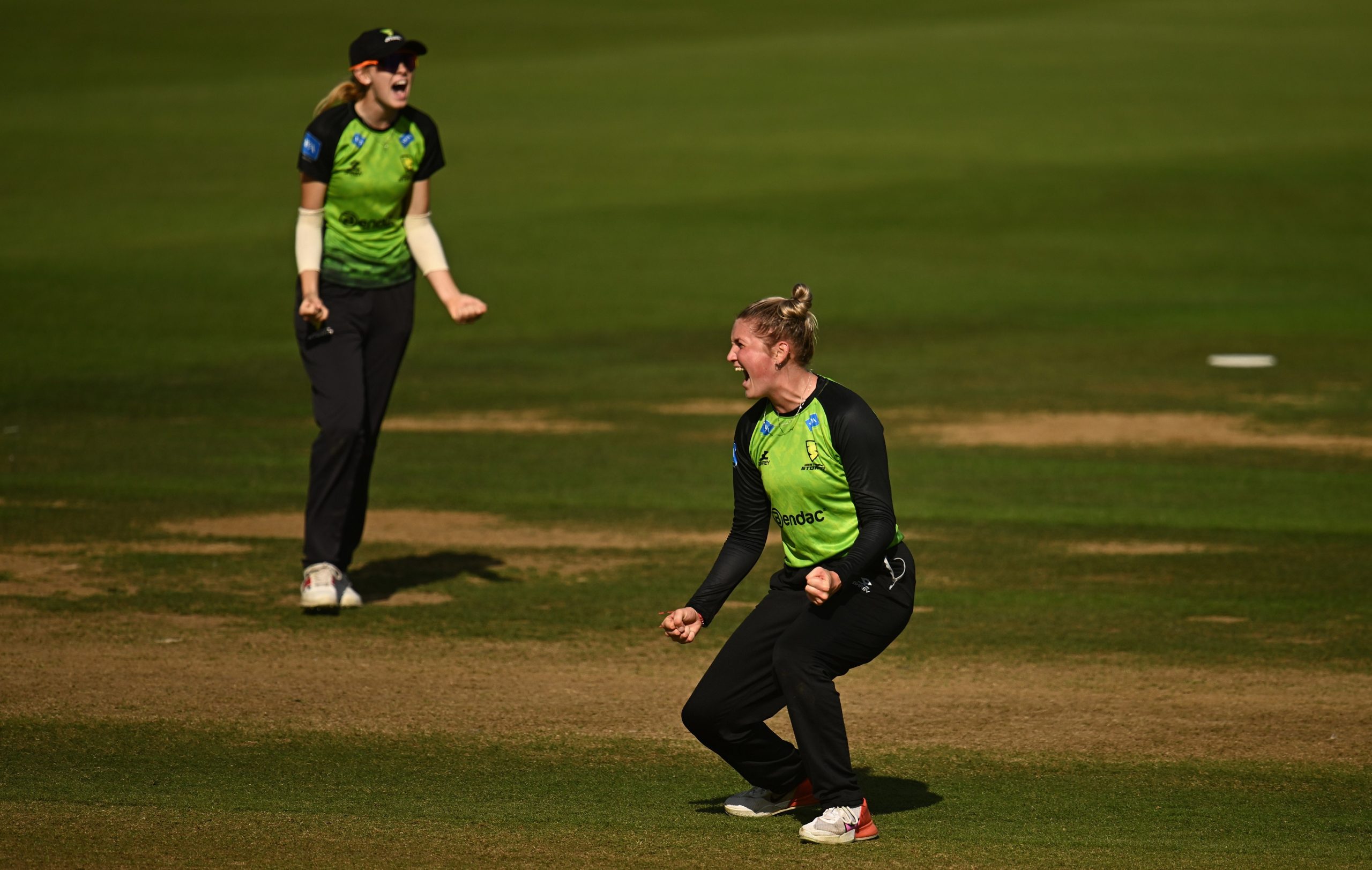
Tackling discrimination
Discrimination and other negative behaviours stand in the way of progress for cricket. Any form of discrimination in cricket is completely unacceptable and we will take all necessary steps to eradicate it wherever and whenever we find it.
We adopt and enforce the ECB’s Anti-Discrimination Code. This code ensures that any incidence of discrimination in the professional game, and in recreational leagues and clubs that fall under the ECB’s jurisdiction, and can be subject to disciplinary processes and sanctions.
We stand against discrimination in all its forms.
If you have experienced or witnessed discrimination, you can report it to Western Storm by emailing enquiries@westernstorm.co.uk
Safeguarding @ Western Storm
A SAFE AND INCLUSIVE ENVIRONMENT FOR ALL
Western Storm is committed to safeguarding and promoting the welfare of all children, young people and vulnerable adults, from any background, and expects all staff and volunteers to share this commitment. It is everyone’s responsibility to keep vulnerable people safe.
We encourage a warm, open, welcoming, inclusive environment where everyone should feel safe to express any concerns. We have a range of policies and procedures in place which promote safeguarding and safer working practices across all that we do.
We ensure our safeguarding culture promotes and encourages best practice which reflects statutory responsibilities, government guidance and complies with regulatory requirements. As a minimum, we adopt the England & Wales Cricket Board (ECB) “Safe Hands – Cricket’s Policy for Safeguarding Children”.
Safeguarding Contacts
Western Storm’s Safeguarding Lead is Jaie Goddard

Email: jaieg@somersetcountycc.co.uk
Tel: 07776 532433
“Here at Western Storm we are dedicated to ensuring the safety and enjoyment of everyone who participates in cricket with us. Protecting children and adults at risk is a legal requirement and a moral obligation, but we go further than that – we want to do it, and do it well. With the commitment from our leaders and colleagues, we strive to exceed our objectives in this important area, to take action when necessary and create the best environment for people to recognise and report any concerns they may have. It is everyone’s responsibility to keep vulnerable people safe.” Jaie Goddard
The Club’s Deputy Safeguarding Officer is Jack Bradbury, Senior Regional Talent Manager
Email: jackbradbury@westernstorm.co.uk
Our Policies
Recruitment and Selection Policy
Anti Harassment and Bullying Policy
If you have a concern relating to Western Storm, please contact our Safeguarding Lead or Deputy or email enquiries@westernstorm.co.uk
There are a number of other ways you can report concerns:
- If someone is at imminent or immediate risk, you should phone the Police on 999 or Local Services immediately
- Phone Somerset Children’s Social Care team on 0300 123 2224 or email: childrens@somerset.gov.uk
- Phone Somerset Adult Social Care team on 0300 123 2224 or email adults@somerset.gov.uk
- Contact Western Storm’s Safeguarding Lead (details above)
- Further information and suggestions on How to Share a Concern are available at: https://www.ecb.co.uk/about/policies-and-regulations/safeguarding/share-a-concern
It is natural to feel a little anxious about reporting a safeguarding concern, but remember, it is not your responsibility to decide if abuse or neglect has taken place, but you do have a duty of care to share any concerns you have.
All allegations and reports are taken seriously. We will contact you, confirm details and outline next steps, keeping you as up to date as possible with developments.
Further Information
Asking for help
If you are experiencing something, anything, that worries or upsets you directly, we are here to listen and help. This doesn’t have to be connected to the Club. It could be something at home, at school, with friends or anywhere else.
The most important thing for you to know is we will listen to you and help. It can be difficult to share things. You might worry that something is wrong, you might not be able to explain things well. This does not matter; staff will listen and give you the time to talk, listen, act on what you say and most importantly make sure you’re safe.
It can be difficult to ask for help but here’s what you can do:
Choose someone you trust to talk to, someone who makes you feel safe and you think will listen. This could be:
- A coach
- A member of the Western Storm Cricket Safeguarding Team
- A teacher
- A family member
- A family friend
You don’t have to share everything all at once, small steps are ok. Telling someone your worries might make you nervous but try not to worry, it’s normal. Usually, telling someone about things that worry you will make you feel better.
It might be hard to describe things, find the right words or tell us exactly what you mean. This is ok – we are good at listening and you can take your time. You might prefer to write things down and that’s ok too.
Please talk to us if you have any worries.
What is safeguarding?
Safeguarding is the action that is taken to promote the welfare of children and adults at risk and protect them from harm.
Safeguarding means:
- protecting them from abuse and maltreatment
- preventing harm to their health or development
- ensuring children grow up with the provision of safe and effective care
- taking action to enable all children and adults at risk to have the best outcomes.
At Western Storm, we put the safety and wellbeing of children and adults at risk at the centre of everything we do. We aim to create an environment where they feel encouraged, listened to, feel able to reach their potential, and to make a positive contribution. Our safeguarding procedures underpin this.
Children
Everyone involved in cricket has a duty to ensure the safety and welfare of any young person involved in the sport. From prevention to protection, safeguarding in sport is everyone’s responsibility and involves keeping young people out of harm’s way both on and off the cricket pitch. It is not the responsibility of any individuals within the Club or County to determine if abuse has taken place, but it is their responsibility, and the responsibility of everyone within cricket, to confidentially report concerns to the First Class County Safeguarding Lead, ECB or Child Protection experts.
Adults
We want everyone involved in the game to feel supported and this extends to people of all ages. Any one of us may struggle at some stage in our life, and it is important to look out for one another both on and off the pitch. If you are concerned about someone, ask them if they are OK. Signpost organisations that may be able to help them and make sure you also let the Safeguarding Lead know you have concerns. If you have immediate concerns for the welfare of an adult, call the emergency services. When we talk about “safeguarding adults” this is usually done in consultation with them, according to their wishes, but there are occasionally circumstances where we need to report without their consent – contact the Safeguarding Lead for advice.
What is abuse?
Abuse is anything another person does that causes harm to an individual. Abuse can happen in families, between friends, or in any relationship where there is a power imbalance. Below are some different types of abuse that may be experienced:
Physical abuse includes:
- Hitting, smacking, and slapping
- Burning or scalding
- Throwing things or spitting
- Shaking or suffocating
Sexual abuse includes:
- Touching
- Saying or suggesting things of a sexual nature
- Making you watch or take part in things that make you uncomfortable, usually intended for adults
- Up-skirting, posting private images and content
Emotional abuse:
- When someone makes you feel bad or low about yourself. This can include ignoring you or putting you down.
- Placing you in a difficult situations or setting you goals that are not achievable
Bullying:
Bullying, repeated actions or words that make you feel bad about yourself or those linked to you. It can be online or face to face and includes:
- Name calling
- Pushing
- Threatening you
- Ridicule
- Hitting, striking and intimidation
Neglect:
When your basic needs are not met or provided, such as food, medicine, housing, clothing, as well as others such as physical, emotional, social, educational and safety needs. It also means not protecting you from harm or having dangerous environments and ignoring guidance and advice.
Discriminatory abuse:
When you feel harassed or picked on because of who you are. These may be comments or “jokes and banter” which are personal and can include:
- Racist
- Sexist
- Homophobic
- Ageist
- Based on your disability
Grooming:
Grooming is defined as developing the trust of an individual, family or staff for the purposes of sexual abuse, sexual exploitation or trafficking.
Coercive Control:
Coercive Control is a pattern of controlling behaviour and/or incidents that occur over time. One individual exerts power, control or coercion over another, e.g. restricting movements, access to money, isolating victim from family and friends, sometimes associated with threats and intimidation.
Modern Slavery:
Modern Slavery encompasses slavery, human trafficking, forced labour and domestic slavery.
Abuse can also take other forms such as child sexual or criminal exploitation, genital mutilation (FGM) and hazing (initiation activities) amongst others.
Abuse is not acceptable.
Being a victim of abuse is not your fault, don’t keep it to yourself.
We will help.
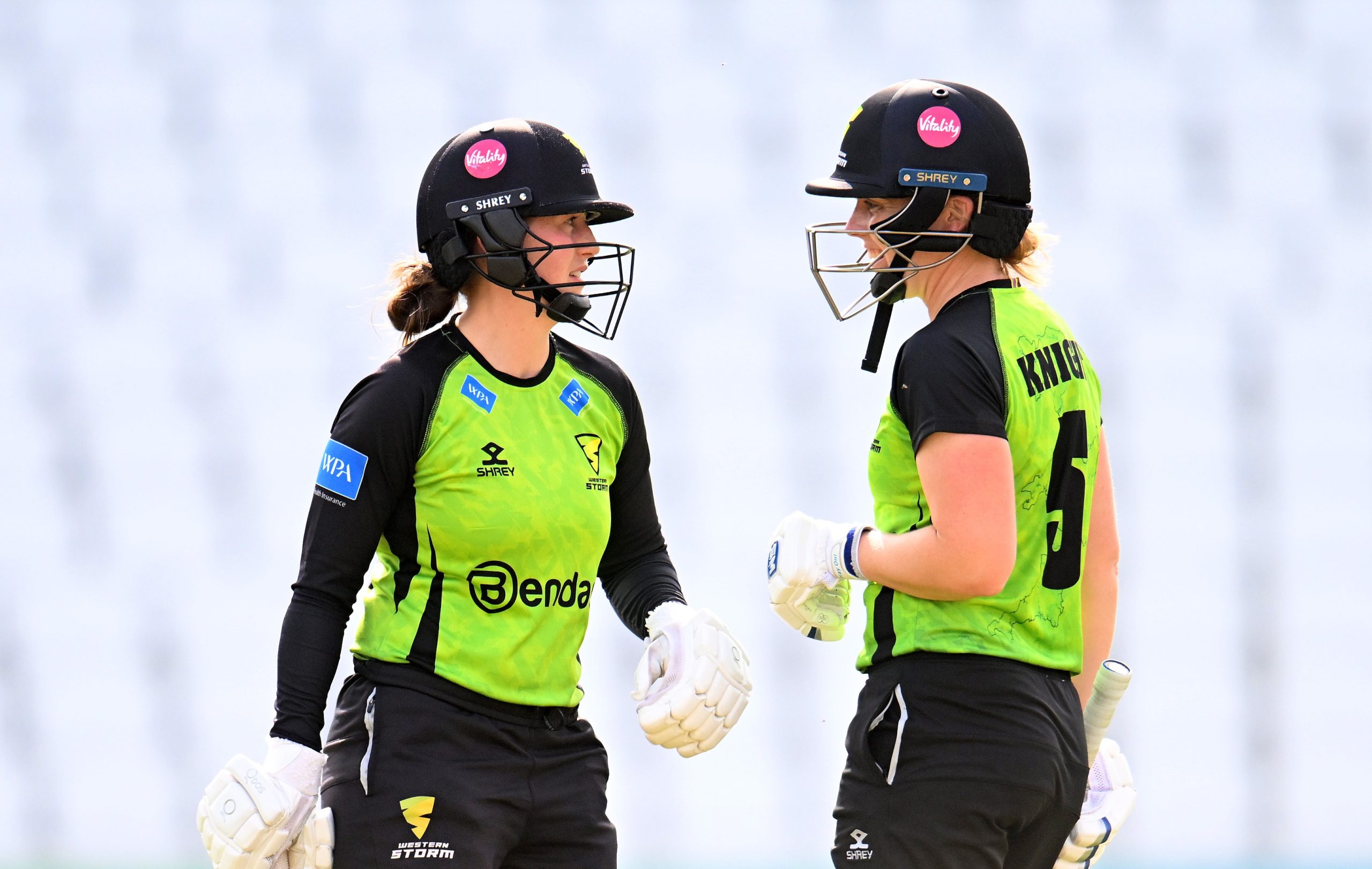
Radicalisation and Extremism
Western Storm will not tolerate activity of any sort which creates environments for the radicalisation of individuals regardless of which extremist ideology it is based upon.
Radicalisation is “the process by which a person comes to support terrorism and extremist ideologies associated with terrorists.”
Extremism is defined as “The vocal or active opposition to our fundamental values, including democracy, the rule of law, individual liberty and the mutual respect and tolerance of different faiths and beliefs.”.
All staff undergo training to spot radicalisation and extremism and how to report any concerns that they might have.
Commitment from the top
Our Board, Chief Executive and Executive Leadership Team are fully committed to ensuring the safety and wellbeing of all who wish to engage with us. We have a dedicated Board Safeguarding Lead and the Executive Safeguarding lead is a member of the Leadership Team.
Recruitment and Selection
We have rigorous recruitment and selection procedures which follow safer recruitment guidelines. This entails:
- Ensuring all applicants use our application processes
- Asking safeguarding interview questions for roles with regulated activity (e.g. which involve working regularly with children/adults at risk)
- Having someone who is safer recruitment trained on interview panels
- Seeking references from recent employers
- Ensuring all background and DBS checks are carried out
- Adequate probation periods to review performance and conduct
Induction and Training
All staff receive an induction with the Safeguarding Lead and undergo safeguarding regular training specific to their roles so they develop awareness of their responsibilities, what to look for and what to do if they are concerned about anything.
We have various codes of conduct, e.g. for coaches, staff, parents and players, so everyone knows and understands what is expected of them and what behaviour will not be tolerated.
Policies and Procedures
We have a range of policies and procedures (see above) which cover all elements of keeping people safe.
Strategic Focus
We have a safeguarding strategy and risk register which enables us to identify key areas across the Club requiring intervention and monitor progress to meet our safeguarding objectives.
